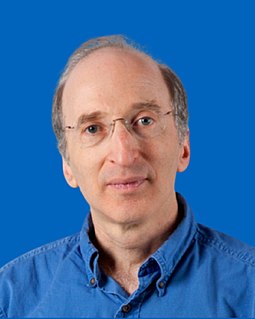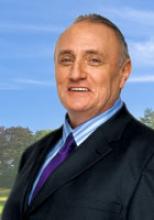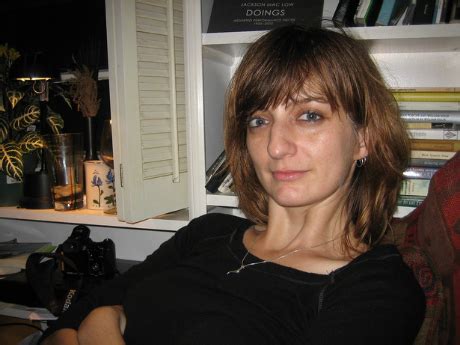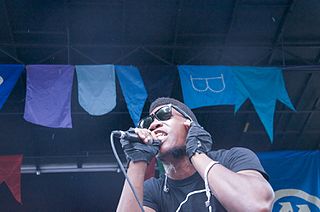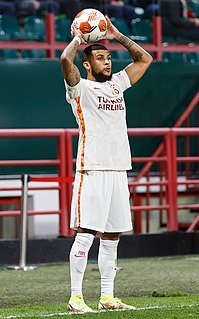A Quote by Saul Perlmutter
So it's possible that someday, by understanding a little bit more about how the world works, it will come back to help us in some other way that will be surprising
Related Quotes
...We're allotted a little space on earth and that we survive in that wilderness that can take back what it has given, as easily as blowing its breath on us or sending the sea to tell us we are not so big. When we forget how close the wilderness is in the night, my grandpa said, someday it will come in and get us, for we will have forgotten how terrible and real it can be.
In the case of Donald Trump I think you've got to accept that a lot of what's going on in political discourse is based upon judgement. How the economy works - how people work - what will come to pass - what will not come to pass - what is possible - what is not possible. There is this whole modal dimension. There's a lot in politics that is making a judgement about what might be and can be and would be. Trump frightens a lot of people but there is a bizarre possible world in which it turns out as he's vindicated, though most of us think the evidence is against it.
I can't believe that this world can go on beyond our generation and on down to succeeding generations with this kind of weapon on both sides poised at each other without someday some fool or some maniac or some accident triggering the kind of war that is the end of the line for all of us. And I just think of what a sigh of relief would go up from everyone on this earth if someday-and this is what I have-my hope, way in the back of my head-is that if we start down the road to reduction, maybe one day in doing that, somebody will say, 'Why not all the way? Let's get rid of all these things'.
Some of us are taught to ask for help. Some of us don't feel comfortable asking for help. Some of us will get into trouble because we don't want to share things with adults - maybe because we're used to getting in trouble. I have two daughters, and they're very different from each other. One will tell me everything. The other barely tells me anything at all. Who do I worry about the most? I worry about the quiet one. But it's something I wish I had had when I was a child, that feeling of having someone I could ask for help.
there are no knights on white horses, no magical grandmothers in the sky watching, waiting to rescue us. Teachers may come our way, but they will not rescue. They will teach. People who care will come, but they will not rescue. They will care. Help will come, but help is not rescuing. We are our own rescuers. Our relationships will improve dramatically when we stop rescuing others and stop expecting them to rescue us.
I'm very curious about people, and one of the most difficult truths for me to accept as a person is that I'll never be anyone else, and I will never fully understand anyone's perspective other than my own. Because I've come to some understanding of that, I feel it's this very difficult but worthwhile challenge to get as close as I possible can to that. If the only way that we can do that is through language, then that's how it has to be done.
How will it be with us in the future life, when everything that has gratified us in this world: riches, honors, food and drink, dress, beautifully furnished dwellings, and all attractive objects-how will it be, I say, when all these things leave us-when they will all seem to us a dream, and when works of faith and virtue, of abstinence, purity, meekness, humility, mercy, patience, obedience, and others will be required of us?
Evolution tells us how to survive; art tells us how it's possible still to live even while knowing that we and all we love will someday vanish. It says there's beauty even in grief, freedom even inside the strictures of form and of life. What's liberating isn't what's simplest; it's the ability to include more and more shadows, colors and possibilities inside any moment's meeting of self and world.
